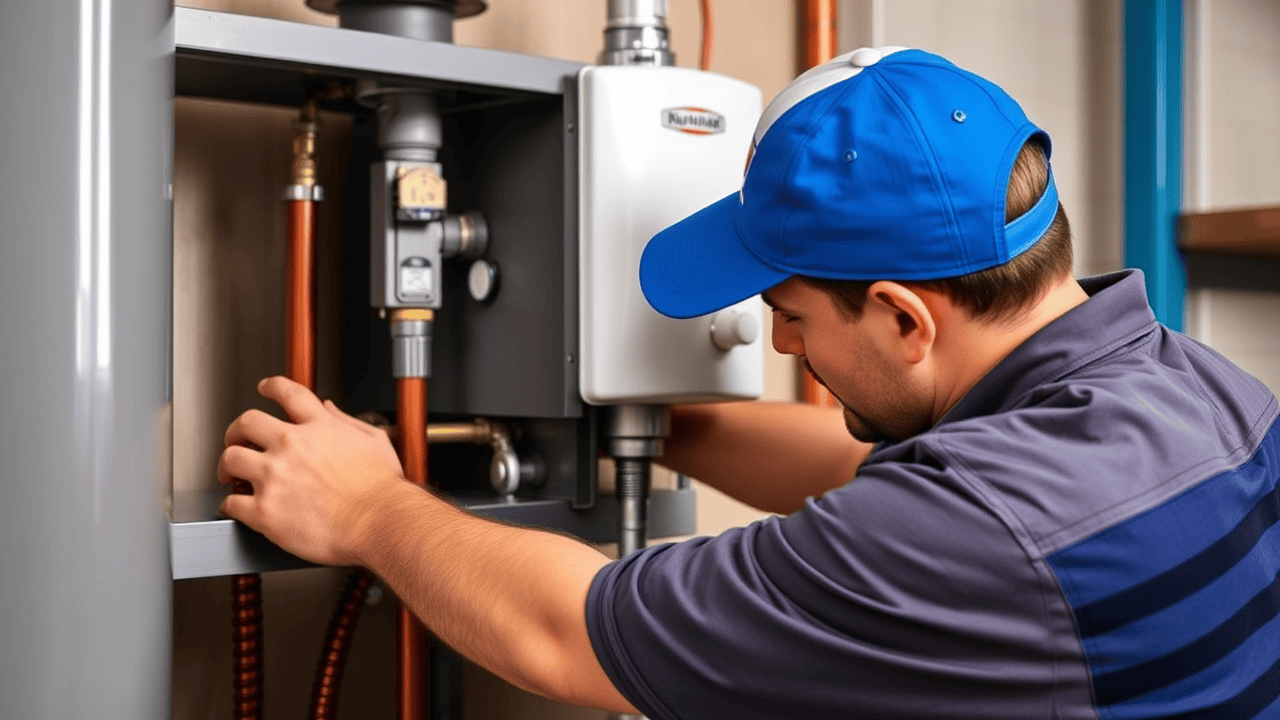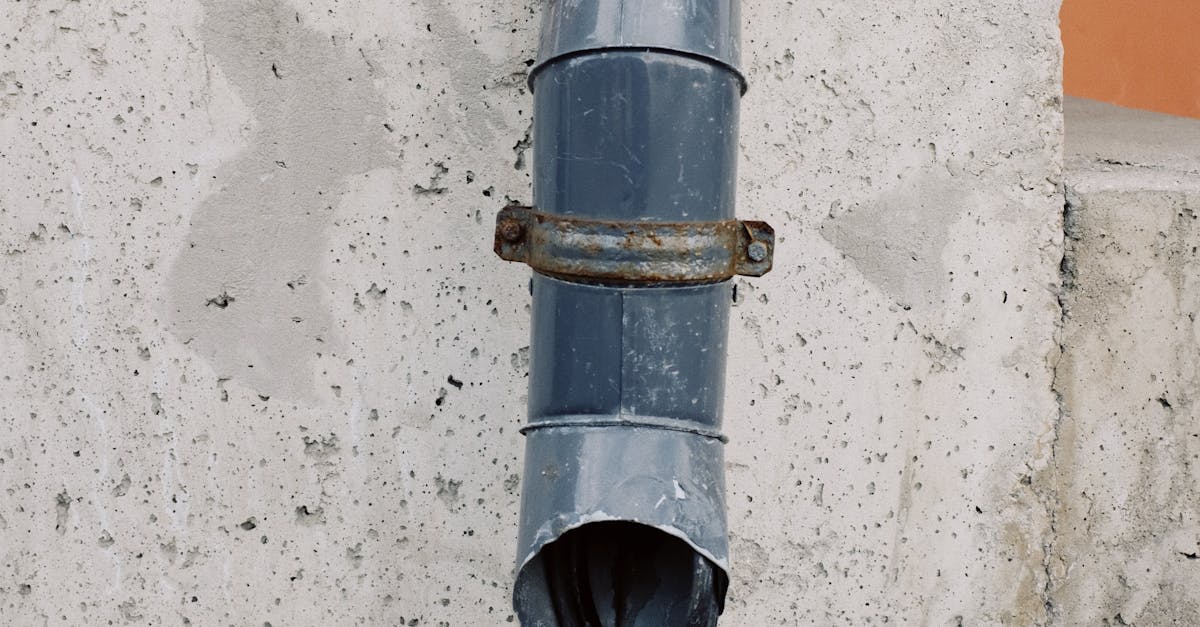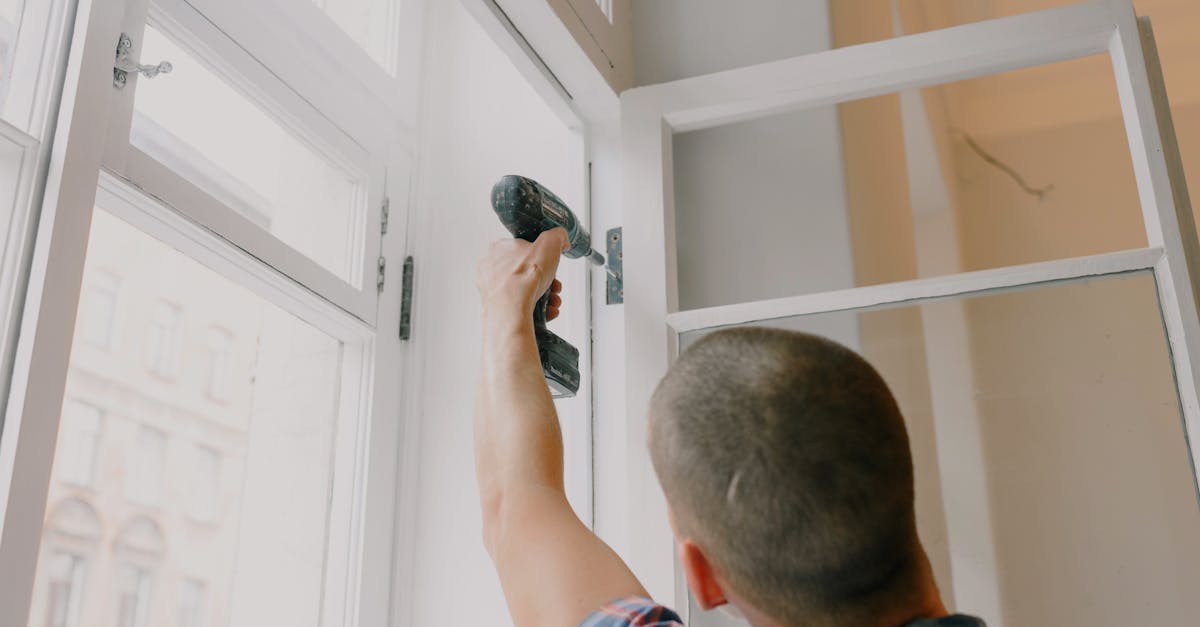
At Sniders Plumbing, we specialize in expert water heater installation and repair services to ensure you have reliable hot water when you need it most. Our experienced team understands the importance of a properly functioning water heater, whether it’s providing comfort during cold showers or supporting your daily household tasks. We offer a range of services, from assessing your current system and recommending energy-efficient models to promptly addressing repairs for any make or model. Committed to customer satisfaction, we provide thorough consultations and skilled installations, ensuring that your water heater operates efficiently and safely for years to come. Trust Sniders Plumbing to keep your home warm and your water flowing!
DIY Water Heater Repair Tips
Many homeowners find themselves facing minor water heater issues that can often be resolved without professional help. Checking the power supply is an essential first step, especially if the heater fails to turn on. Ensure the thermostat is set to the right temperature. Flushing the tank regularly can prevent sediment buildup, which can lead to reduced efficiency and potential damage. Always disconnect the power and use appropriate safety gear when working on your unit.
In cases of leakage, inspecting the drain valve is crucial. Tightening or replacing this valve may solve the problem without requiring extensive repairs. For electric heaters, ensure the heating elements are functioning correctly; replacing a faulty element can sometimes restore your water heater's performance. If the issue persists or seems beyond a simple fix, contacting a professional plumber is highly advisable to avoid causing more extensive damage.
When to Attempt Repairs Yourself
Assessing whether to tackle a water heater repair can be daunting. Homeowners should consider the complexity and nature of the issue at hand. Simple problems like a tripped breaker, blown fuse, or minor leaks might be manageable. On the other hand, significant issues such as a malfunctioning thermostat, a leaking tank, or electrical problems require professional expertise. Knowing your limits is crucial to ensuring safety and preventing further damage.
It's essential to gather adequate information before deciding on a DIY approach. Many manufacturers provide detailed manuals and troubleshooting guides specific to their models. Utilizing these resources can aid in diagnosing minor issues effectively. However, if the problem persists or worsens, seeking professional assistance is advisable. Prioritize your safety and the longevity of your water heater by recognizing when expert help is needed.
Importance of Regular Maintenance
Regular maintenance of a water heater can significantly prolong its lifespan and enhance its efficiency. Neglecting upkeep can lead to sediment buildup, which hinders performance and results in increased energy costs. Routine checks help identify minor issues before they escalate into costly repairs. Flushing the tank periodically removes sediment and ensures optimal operation, contributing to better energy use.
Additionally, staying on top of maintenance can improve overall safety. Faulty components can lead to leaks or other hazards, posing risks to your home and family. Scheduling professional maintenance at least once a year provides peace of mind and reassurance that your system is functioning properly. Simple tasks like checking the anode rod and inspecting for leaks can prevent future problems and protect your investment.
Best Practices for Keeping Your Heater Efficient
Regularly flushing your water heater can significantly improve its efficiency. Sediment buildup may hinder heat transfer, causing the unit to work harder and consume more energy. Draining a few gallons every six months allows you to remove these deposits, ultimately extending the lifespan of the heater. It's a simple maintenance task that pays off in energy savings and prolonging the need for replacement.
Insulating the hot water pipes also enhances efficiency. It minimizes heat loss as water travels from the heater to your faucets. Adding pipe insulation is a straightforward process that can reduce energy bills, especially during colder months. Additionally, checking the temperature setting on your water heater ensures it operates within an optimal range. Keeping it at 120 degrees Fahrenheit balances efficiency and comfort while preventing scalding risks.
Cost Considerations for Water Heater Services
Budgeting for water heater services involves understanding both installation and repair costs. Installation expenses can vary based on the type, size, and efficiency of the unit chosen. Additional factors such as local plumbing regulations and the complexity of the job could influence the final price. Similarly, repair costs may depend on the nature of the issue. Minor repairs tend to be more affordable, while extensive problems might require professional intervention, leading to higher expenses.
It is essential to factor in potential long-term costs associated with operating a water heater. Energy-efficient models may have a higher upfront price but can lead to savings on utility bills over time. Regular maintenance can also help prevent costly repairs down the road, making it a wise investment. Homeowners should weigh these factors carefully when determining their budgets for both new installations and necessary repairs.
Budgeting for Installation and Repair
When planning for water heater installation or repair, it's essential to understand the associated costs. The price can vary significantly based on the type of system you choose, whether it’s a tank or tankless model. Installation fees also depend on the complexity of the job, including factors like existing plumbing conditions, local labor rates, and any necessary permits. Homeowners should account for potential additional expenses such as disposal fees for old units or upgrades to existing plumbing to accommodate new systems.
Budgeting for regular maintenance can help reduce long-term costs associated with unexpected breakdowns. Setting aside funds for annual inspections and minor repairs can prevent larger, more costly issues down the line. It’s beneficial to keep in mind that neglecting smaller problems may lead to emergency service callouts, which often come with higher price tags. Creating a financial cushion for these services allows for better preparedness and can ultimately save money over time.
FAQS
What are the common signs that my water heater needs repair?
Common signs include inconsistent water temperature, strange noises, leaks around the unit, or rusty water. If you notice any of these issues, it may be time to investigate further.
Can I install a water heater myself?
While some people may choose to install a water heater themselves, it's recommended to hire a professional to ensure proper installation and adherence to local codes, especially for gas water heaters.
How often should I perform maintenance on my water heater?
It's advisable to perform maintenance on your water heater at least once a year to ensure optimal performance and longevity. This includes flushing the tank and checking for any signs of wear or leaks.
What factors affect the cost of water heater installation?
Factors that can affect the cost include the type of water heater (tank vs. tankless), the complexity of the installation, local labor rates, and any additional modifications needed for plumbing or electrical systems.
Is it worth repairing an old water heater instead of replacing it?
This depends on the age and condition of the water heater. If the unit is relatively new and has minor issues, repairs might be worthwhile. However, if the heater is over 10 years old and experiencing frequent problems, replacement may be a more cost-effective option.


